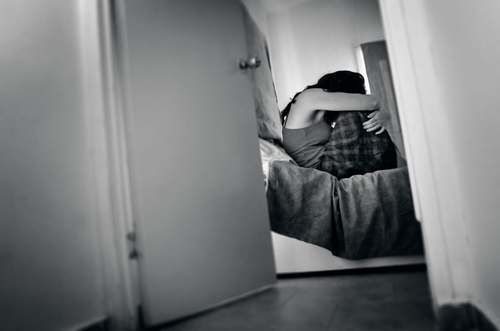
News of the Cologne sexual assaults was delayed by the fact that the police and certain news agencies were hesitant to report these events for fear that they might aid right-wing political groups. Something similar happened in Sweden. At the We Are Stockholm music festival in August sexual assaults occurred that were similar to those that occurred in Cologne, and, like the assaults in Cologne, they were perpetrated by young men of Middle Eastern extraction.
News of these assaults was also suppressed by the police and/or press (depending on who you believe) and hence only came to light this week. Are cover-ups of this sort wrong? Intuitively, I think most people would answer ‘yes’ and I think that answer is right. Why are they wrong? I want to offer one (admittedly partial) answer and in order to do so I want to draw a distinction between two levels of debate that the sexual assaults have engendered.
The first level of debate deals with the question of how the assaults themselves ought to be understood. According to one view, these assaults are expressions of regressive attitudes about women that originate in the perpetrators’ distinctive cultural background. On the alternative view, the perpetrators’ cultural background is more-or-less irrelevant and that these assaults are no different in kind than the kinds of sexual harassment and assaults that women are subjected to by Western men.
Notice that even if one holds the latter view, it is still consistent to also hold a positive attitude towards the fact that these issues are being discussed. In order for a democracy to work the public must be able to discuss and deliberate about the various challenges that it faces. When people debate how these sexual assaults are to be understood, that is precisely what they are doing.
This brings me to the second level of debate. If one thinks that it is a good thing that the public is aware of and discussing these assaults, one holds a view that belongs to what we might call the meta-debate: debate about the first level of debate. Why might one hold an opposing view in the meta-debate? Well, one might think that the public is not able to deliberate well about events like these because the public is too prone to racism, xenophobia or other forms of bias.
I think that some such view underlies the cover-up attempts that I alluded to. I also think that this explains (in part) why the cover-ups are objectionable. They reflect an paternalistic, anti-democratic contempt for the public: the public cannot be trusted to be informed of events of this sort because that will lead them irrationally to draw the wrong conclusions.
Regardless of what one thinks about the meaning of the events themselves, I think that all of us, to the extent that we care about democracy, ought to reject this sentiment and demand of our public officials and news outlets that they do the same.